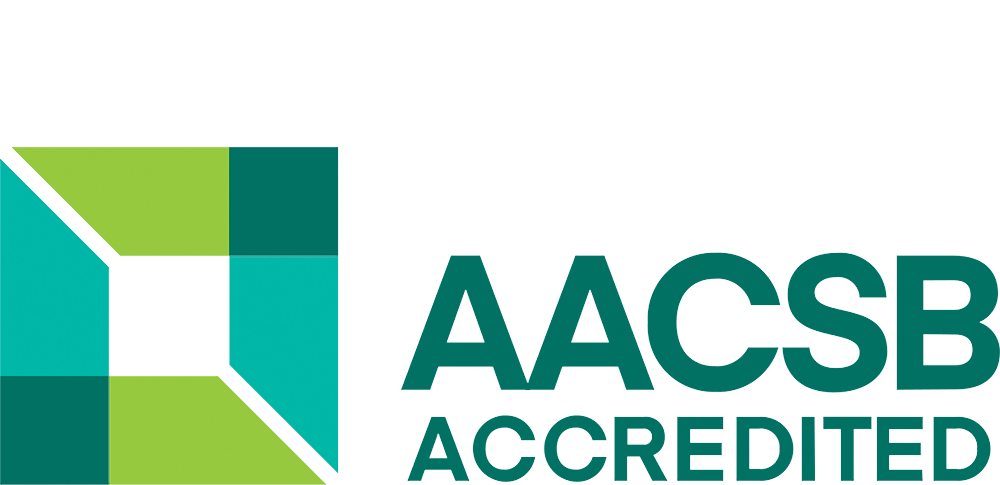
22 Jul 2025
What to do after a Bachelor's degree in finance management
Have you just completed your Bachelor's degree in finance management or are you currently studying and wondering about your professional future?
Read the article


31 May 2022

Domaines professionnels
Entreprenariat
What is the ‘Contribution à la Formation Professionnelle’? Who pays the ‘Contribution à la Formation Professionnelle’ (CFP)? How does it affect self-employed workers and employers in France? How is this tax calculated? How to pay the ‘Contribution Unique à la Formation Professionnelle’? There are many questions related to the ‘Contribution à la Formation Professionnelle’. Learn more about this French tax, which offers access to a professional training fund for employees and jobseekers, in this new guide.
The “Contribution à la Formation Professionnelle” is a tax paid by French companies. It is used to fund professional training for their personnel and jobseekers. In France,
Most employers have to pay the “Contribution à la Formation Professionnelle”, in accordance with Article L6131-1 of the French Labour Code (Code du Travail). All employers are required to contribute to the development of professional training and learning. You must pay this charge if you:
This contribution enables your employees and colleagues, as well as jobseekers, to take one or more vocational training courses. Employers must also pay their contributions to funding the CPF (“Compte Personnel de Formation”, or personal training account), the “Taxe d’apprentissage” (apprenticeship tax), and the CSA (“Contribution Supplémentaire d’Apprentissage”, or additional apprenticeship contribution).
The tax contributing to the funding of vocational training is calculated on the basis of the gross wage bill. The gross wage bill is the total annual amount of taxable remunerations and all fringe benefits paid to employees. This includes employee's contributions, salaries, bonuses, allowances and tips.
The applicable vocational training contribution rates are as follows:
It should be noted that certain professional sectors must pay higher rates than those mentioned above.
The CFP used to be governed by the French law No.
Previously monthly, the declarations for the contribution are now made yearly. The payment must be made each month, in the same way as Social Security contributions. Things are slightly different in the agricultural sector. Contributions are collected by the Mutualité Sociale Agricole (MSA) instead of URSSAF. Since 1 January 2022, the MSA and URSSAF are the collectors of the ‘Contributions de Formation Professionnelle et Taxe d'Apprentissage’
The funds collected are paid to the CDC (Caisse des Dépôts et Consignations, a French public financial institution). This institution then pays the employers’ contributions to establishments that meet the criteria defined by Article
Now you know the ins and outs of the CFP. Explore all the guides and continuing vocational education courses offered by IPAG Business School. Unsure which course to choose? Don’t hesitate to get in touch with our advisers to receive personalised assistance based on your situation and career plan.

22 Jul 2025
Have you just completed your Bachelor's degree in finance management or are you currently studying and wondering about your professional future?
Read the article

31 May 2021
The Brevet de Technicien Supérieur (BTS) is a higher education diploma at Bac+2 level for which you can prepare the national exam in a CFA, a Lycée or a Business School. At the end of this training, you have two options: to enter working life or to continue your studies.
Read the article

04 Jan 2022
The principle of diversity in business is a measure to combat stereotypes and discrimination in the workplace.
Read the article
Application
Contact